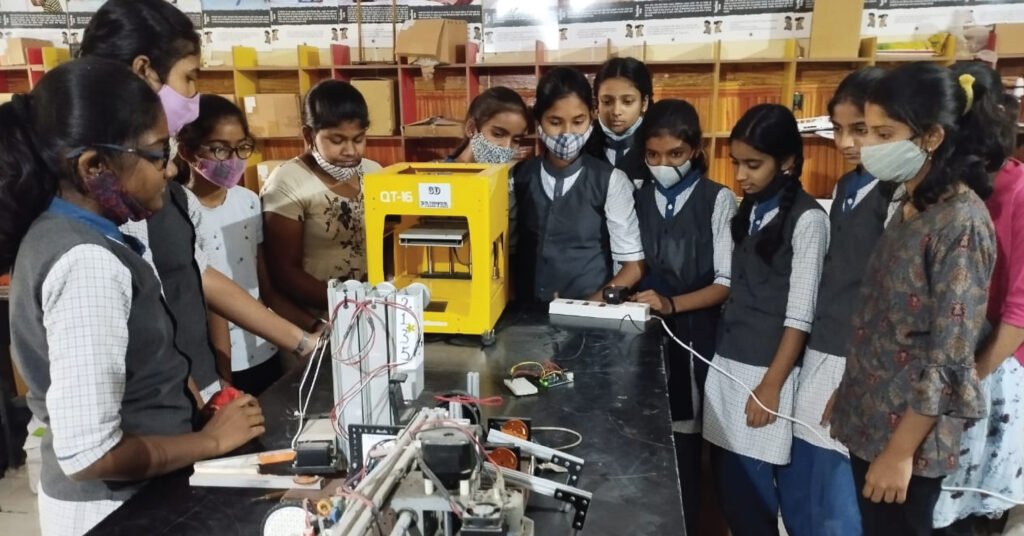STEM education, an interdisciplinary approach that integrates science, technology, engineering, and mathematics, has emerged as a cornerstone of modern education systems worldwide. In this article, we delve into the importance of STEM education and its transformative potential in shaping the future of learning and innovation.
Understanding STEM Education
STEM education encompasses a diverse range of subjects and disciplines, emphasizing hands-on learning, problem-solving, critical thinking, and collaboration. By integrating these core areas, STEM education equips students with the skills and knowledge needed to thrive in the 21st century.
STEM Learning: Fostering Innovation and Creativity
One of the primary goals of STEM education is to nurture innovation and creativity among students. Through hands-on projects, experiments, and real-world challenges, students learn to think critically, explore new ideas, and develop innovative solutions to complex problems. This fosters a culture of creativity and entrepreneurship, driving forward progress and innovation in various fields.
STEM Skills: Preparing for Future Careers
In an increasingly technology-driven world, STEM skills are in high demand across industries. STEM education prepares students for a wide range of future careers, from engineering and computer science to healthcare and environmental science. By providing a strong foundation in STEM subjects, students are better equipped to pursue higher education and secure rewarding careers in emerging fields.
Bridging the Gender Gap
STEM education also plays a crucial role in addressing gender disparities in STEM fields. By engaging girls and underrepresented groups in STEM learning early on, educators can help bridge the gender gap and create more inclusive STEM communities. Encouraging diversity in STEM education and careers not only promotes equality but also fosters a more innovative and diverse workforce.
Empowering Communities
STEM education has the power to transform communities and drive social change. By equipping students with STEM skills, educators empower them to tackle local and global challenges, from environmental sustainability to healthcare access. STEM education initiatives can uplift underserved communities, providing opportunities for economic growth and social advancement.
Conclusion
In conclusion, STEM education is a catalyst for innovation, creativity, and social progress. By embracing STEM learning opportunities, students gain the skills and knowledge needed to thrive in an ever-changing world. As we continue to prioritize STEM education, we pave the way for a brighter and more prosperous future for generations to come.




